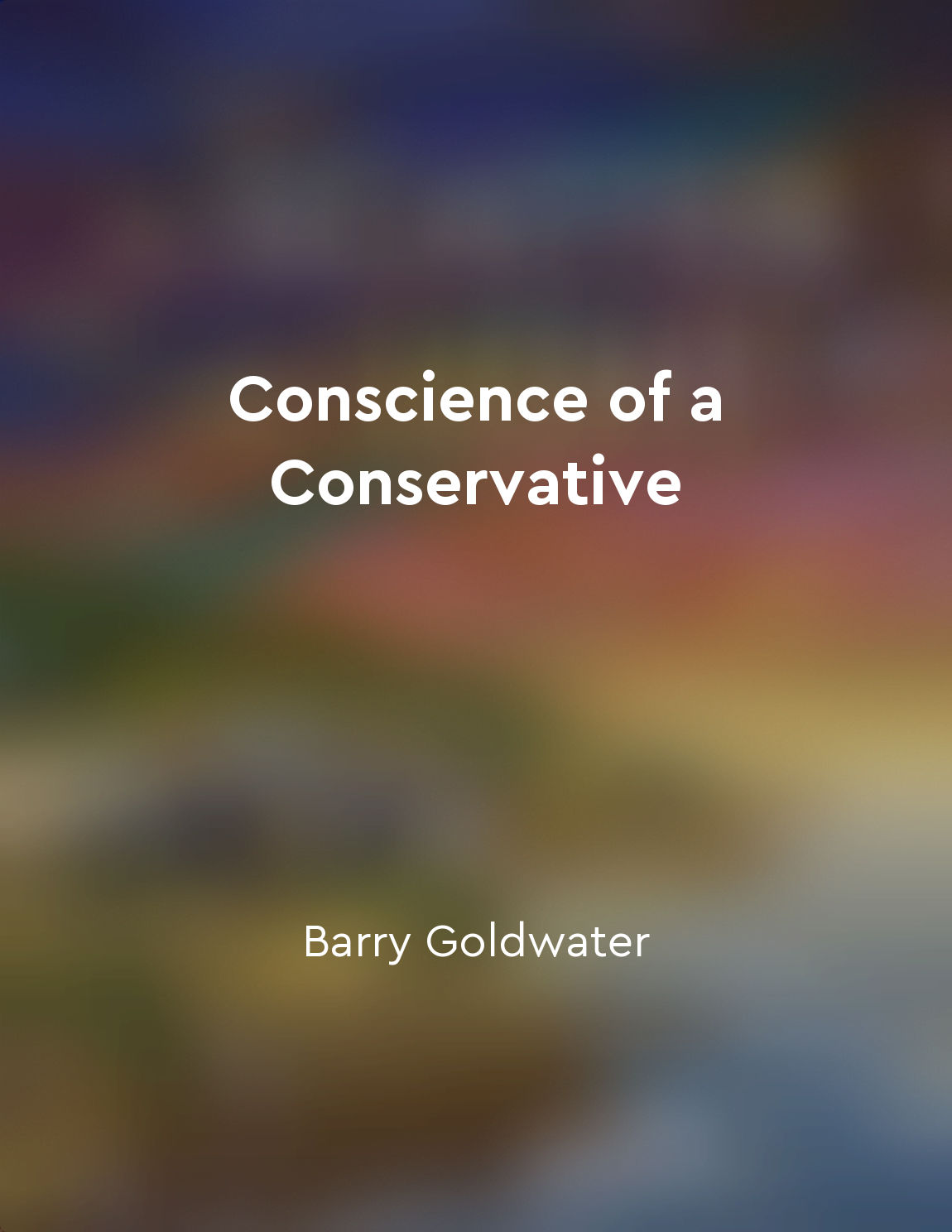Morality is rooted in our evolutionary past from "summary" of The Righteous Mind by Jonathan Haidt
Our moral instincts have deep roots in our evolutionary past. The human species did not evolve to be solitary creatures, but rather to live in groups. In order to survive and thrive in these groups, early humans had to learn to cooperate and get along with one another. This required the development of a moral sense, a set of shared norms and values that would guide behavior and help maintain social harmony. One of the key components of our moral sense is a basic sense of fairness. This sense of fairness is evident even in very young children, who show a strong preference for fairness and justice. This preference for fairness likely evolved because it helped early humans navigate the complexities of social life. In a world where resources were scarce and competition for those resources was fierce, a sense of fairness helped ensure that everyone got their fair share. Another important aspect of our moral sense is a concern for the welfare of others. Humans are social animals, and we have evolved to care for one another and look out for the well-being of our fellow group members. This concern for others likely evolved because it helped strengthen social bonds and promote cooperation within groups. By caring for one another, early humans were better able to work together towards common goals and ensure the survival of the group as a whole. Our moral sense is also shaped by our emotions and intuitions. While we like to think of ourselves as rational beings, much of our moral decision-making is driven by our emotions and intuitions. These gut reactions to moral dilemmas are often shaped by our evolutionary history and the social norms and values of our ancestors. Our emotions provide us with quick and intuitive judgments about what is right and wrong, allowing us to make moral decisions quickly and efficiently.- Our moral sense is deeply rooted in our evolutionary past. Through millions of years of evolution, humans have developed a set of shared norms and values that help guide our behavior and maintain social harmony. Our sense of fairness, concern for others, and reliance on emotions and intuitions all play a role in shaping our moral instincts. By understanding the evolutionary origins of our moral sense, we can gain insight into the complex and fascinating ways in which humans navigate the moral landscape.
Similar Posts

Freedom is essential for a thriving society
Freedom is the bedrock upon which a thriving society is built. It is the fundamental principle that allows individuals to pursu...
The Critique of Practical Reason defends the autonomy of reason
In the Critique of Practical Reason, the autonomy of reason is a fundamental concept that underpins Kant's moral philosophy. Ka...
Various brain regions play specific roles in shaping behavior
Understanding the intricate workings of the human brain is crucial when attempting to decipher the complex nature of behavior. ...
Nature is a source of inspiration for romantics
Romantics find inspiration in the natural world, seeing it as a source of profound beauty and wonder. The natural world, with i...
Moral virtue is the disposition to obey the moral law
The concept of moral virtue is closely tied to the idea of obeying the moral law. According to Kant, moral virtue is not simply...
Reason alone cannot guide morality
Reason is a faculty of the mind that allows us to draw conclusions based on evidence and logical principles. It enables us to m...

